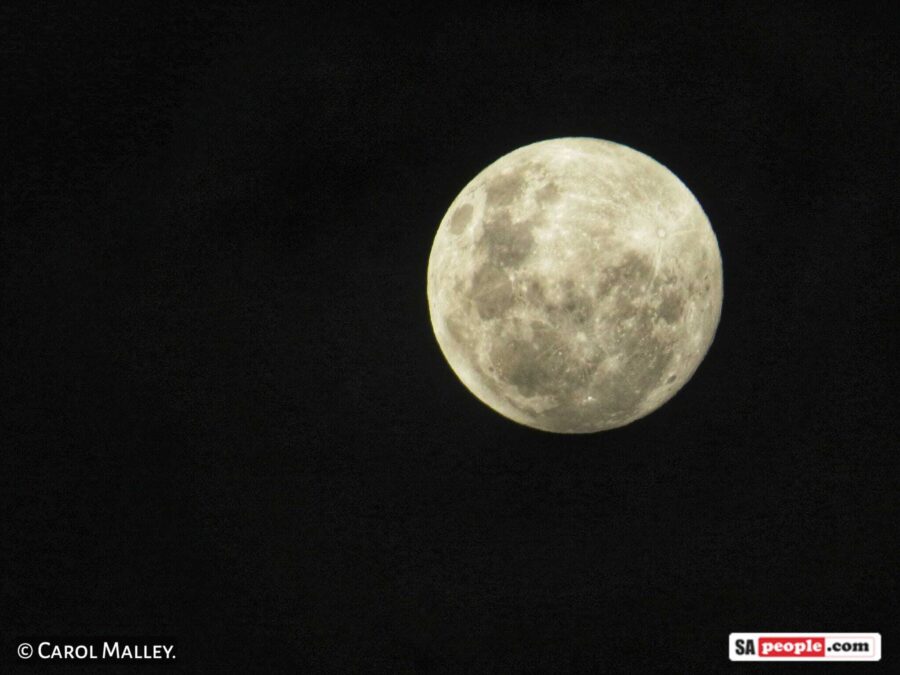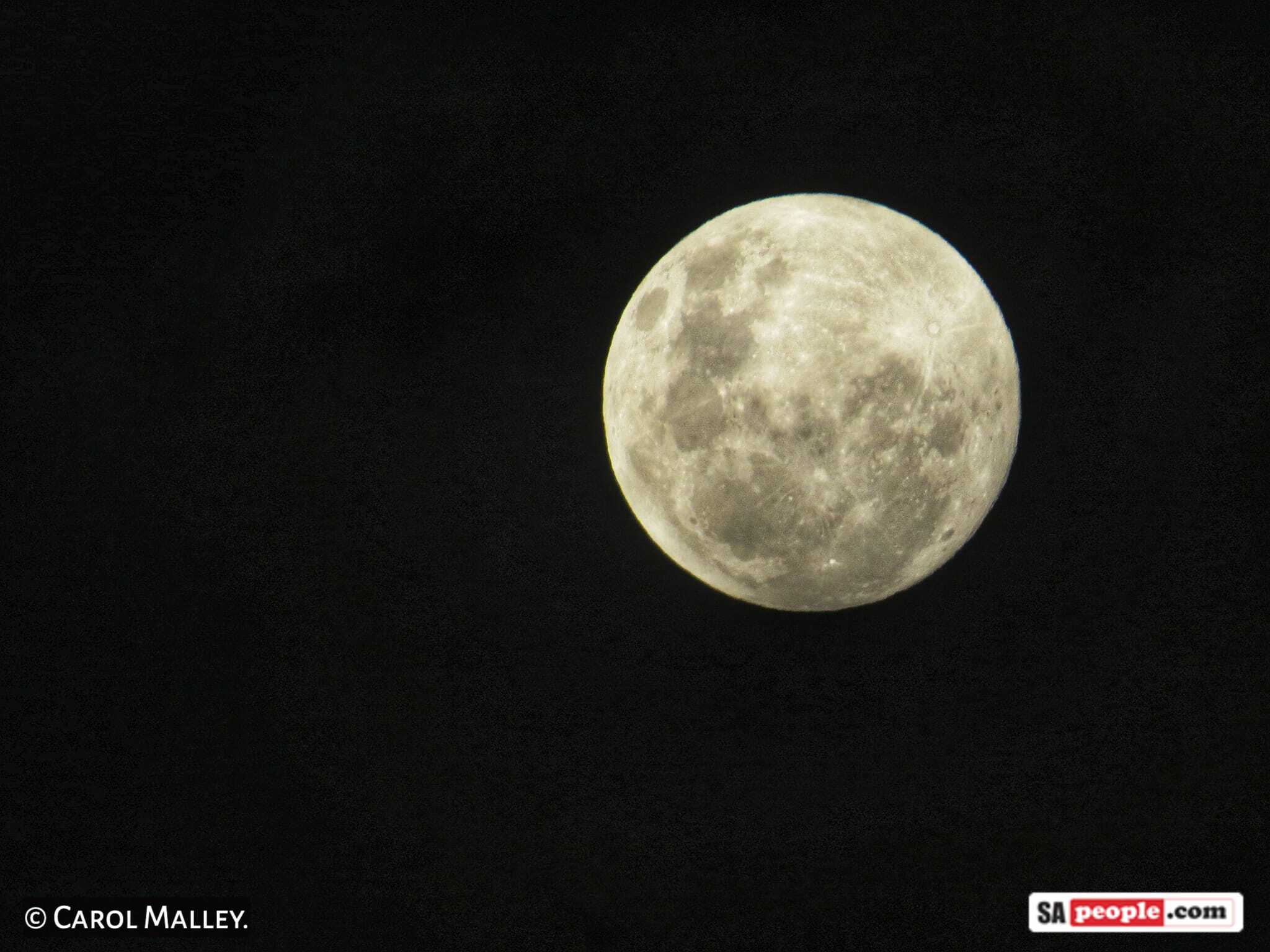
ECLIPSE for 2024: Here’s when to look
According to NASA Science, there’s a rare total eclipse predicted for next year – and it could be the last of its kind seen for a while.

According to NASA Science, there’s a rare total eclipse predicted for next year – and it could be the last of its kind seen for a while.
The rare solar event will lead to a total blackout of the sun, which is such a rare event that for some it becomes a once-in-a-lifetime opportunity to see a gilmpse of the created darkness.
ALSO READ: Moon songs? Music about the moon
Here’s what you should know about the predicted total eclipse for 2024, and more about what this means.
TOTAL ECLIPSE FOR 2024
According to the NASA Science website, a total solar blackout is predicted for April, 2024.
The total solar eclipse affects mostly North America, where it will be visible from Mexico, the United States and Canada.
ALSO READ: Full moon: happening NEXT WEEK!
Their information says that the event is predicted for 8 April, 2024.
According to the details, the eclipse will ‘begin over the South Pacific Ocean’ where it will cross over.
WHAT IS A TOTAL ECLIPSE?
According to the NASA website, a total eclipse is when the moon passes between the Sun and Earth – which obscures the view, and blocks out how much sunlight is visible from the planet (and to us).
ALSO READ: Moon songs? Music about the moon
This event is rare, and this makes it a very unique opportunity to see a celestial phenomenon – but only from some parts of the world where it will be the most visible.
If you are too far from the Northern Hemisphere to see the best of the eclipse, the event can also be streamed online directly with NASA.
ECLIPSE SAFETY
If you plan to look directly at an eclipsing event in person, make sure that you don’t stare directly into the sun – yes, this is still as dangerous during a blackout as during any normal time of the day.
ALSO READ: What is a blue moon — and why do we care?
For safety, it is advised never to stare directly at such an event!
Instead, stream the event online – and make sure that you aren’t doing any damage to your eyes!
